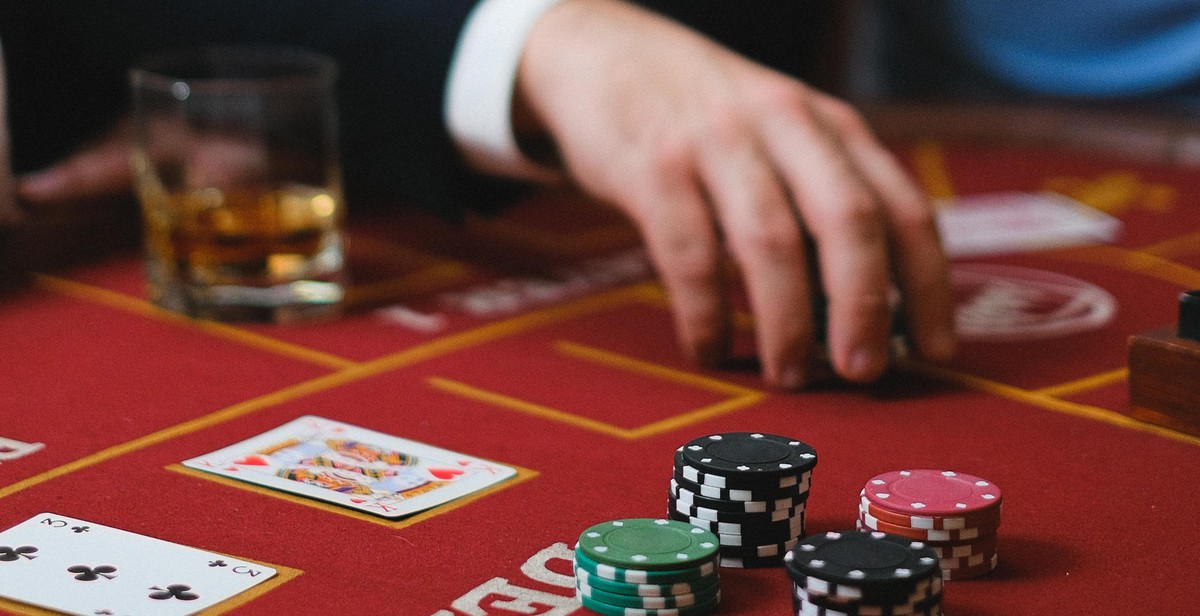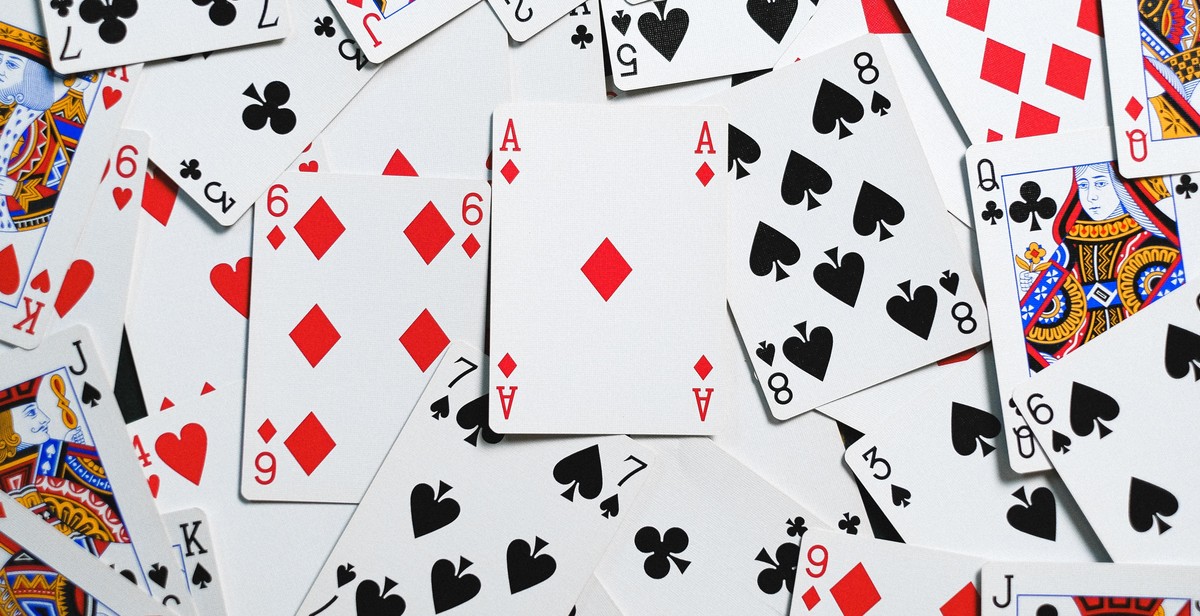How to Improve Your Poker Decision-Making Skills
Poker is a game of strategy and skill, not just luck. And one of the most important skills a poker player can have is decision-making. Every decision made at the table, from whether to call or fold to how much to bet, can have a significant impact on your overall success. That’s why developing strong decision-making skills is crucial to becoming a successful poker player.
Why Decision-Making is Important in Poker
Decision-making is important in poker because it can determine whether you win or lose a hand, and ultimately, the entire game. Making the right decisions consistently can lead to long-term profitability, while making poor decisions can quickly deplete your bankroll.
Good decision-making in poker requires a combination of analytical and intuitive thinking. You need to analyze the information available to you, such as the strength of your hand and your opponents’ actions, and use your intuition to make the best possible decision.
Improving your decision-making skills in poker takes practice and patience. By studying the game, analyzing your own play, and learning from your mistakes, you can develop a strong decision-making strategy that will help you succeed at the poker table.

Understanding the Basics of Decision-Making
Decision-making is a crucial aspect of playing poker. Every decision a player makes can either lead to a win or a loss. To improve your poker skills, it is essential to understand the basics of decision-making in poker.
The Decision-Making Process in Poker
The decision-making process in poker involves analyzing the information available and making the best decision based on that information. It is essential to consider the following factors before making a decision:
- The strength of your hand
- The actions of your opponents
- The position of the players at the table
- The size of the pot
- The stage of the game
Once you have considered these factors, you can make an informed decision about the best course of action to take.
Factors that Affect Decision-Making in Poker
Several factors can affect decision-making in poker. These factors can be internal or external and can influence the way a player makes decisions. Some of the significant factors that can affect decision-making in poker include:
- Emotions: Emotions can significantly affect decision-making in poker. If a player is on tilt or experiencing an emotional high, they may make irrational decisions that can lead to losses.
- Knowledge and Experience: A player’s knowledge and experience can also affect their decision-making process. Experienced players are more likely to make better decisions as they have a better understanding of the game.
- Stack Size: The size of a player’s stack can also affect their decision-making process. If a player has a small stack, they may be more likely to take risks and make aggressive moves to try and increase their stack.
- Table Image: A player’s table image can also affect their decision-making process. If a player is perceived as tight or aggressive, their opponents may adjust their playing style accordingly, which can affect the player’s decision-making process.
Understanding the factors that can affect decision-making in poker is essential to making informed decisions and improving your poker skills.
| Important Points: |
|---|
| Decision-making in poker involves analyzing the information available and making the best decision based on that information. |
| Factors that can affect decision-making in poker include emotions, knowledge and experience, stack size, and table image. |

Improving Your Decision-Making Skills
Decision-making is a crucial aspect of playing poker. The ability to make the right decision at the right time can be the difference between winning and losing. Here are some effective ways to improve your poker decision-making skills:
Mastering the Art of Observation
Observation is an essential skill that every poker player needs to master. By observing your opponents, you can gain valuable insights into their playing style, tendencies, and behavior. This information can help you make better decisions during the game.
When observing your opponents, pay attention to their body language, facial expressions, and betting patterns. Also, look for any tells that may indicate the strength or weakness of their hand. By mastering the art of observation, you can gain a significant advantage over your opponents.
Developing a Strong Poker Mindset
A strong poker mindset is essential for making good decisions. To develop a strong poker mindset, you need to be disciplined, patient, and focused. Avoid making decisions based on emotions or impulses, as they can lead to costly mistakes.
One effective way to develop a strong poker mindset is through meditation. Meditation can help you stay calm, focused, and in control of your emotions during the game. It can also help you make more rational decisions based on logic and strategy rather than emotions.
Using Hand Histories to Analyze Your Decisions
Hand histories are a valuable tool for analyzing your decisions and improving your poker skills. By reviewing your hand histories, you can identify any mistakes or weaknesses in your game and make adjustments accordingly.
When analyzing your hand histories, pay attention to the decisions you made and the outcomes of those decisions. Look for any patterns or trends that may indicate areas where you need to improve. Also, consider seeking feedback from other players or a poker coach to get a different perspective on your game.
- Mastering the art of observation
- Developing a strong poker mindset
- Using hand histories to analyze your decisions
In conclusion, improving your decision-making skills is essential for becoming a successful poker player. By mastering the art of observation, developing a strong poker mindset, and using hand histories to analyze your decisions, you can make better decisions and increase your chances of winning.

Advanced Decision-Making Techniques
Improving your poker decision-making skills requires more than just understanding the basics of the game. To take your game to the next level, you need to master advanced decision-making techniques that allow you to make informed decisions even in the most challenging situations. Here are some techniques you can use:
Playing Against Different Opponents
One of the most important skills in poker is being able to adjust your strategy based on your opponents’ playing styles. To do this effectively, you need to be able to read your opponents and understand their tendencies. This will allow you to make better decisions about when to bluff, when to fold, and when to call. For example, if you’re playing against a tight player, you’ll want to be more aggressive, while if you’re playing against a loose player, you’ll want to be more conservative.
Using Game Theory to Make Decisions
Game theory is a mathematical framework that can be used to analyze strategic interactions between players. In poker, game theory can be used to help you make better decisions by analyzing the potential outcomes of different strategies. By using game theory, you can determine the optimal strategy for any given situation, taking into account your opponents’ likely responses. This will allow you to make more informed decisions and increase your chances of winning.
Balancing Your Range
One of the keys to success in poker is being able to balance your range. This means having a mix of strong and weak hands in your range, so that your opponents can’t easily determine your strategy. By balancing your range, you can make it more difficult for your opponents to read your hand and make informed decisions. This will allow you to bluff more effectively and win more pots.
| Technique | Description |
|---|---|
| Playing Against Different Opponents | Adjust your strategy based on your opponents’ playing styles. |
| Using Game Theory to Make Decisions | Analyze potential outcomes of different strategies to determine optimal strategy. |
| Balancing Your Range | Have a mix of strong and weak hands to make it difficult for opponents to read your hand. |
By mastering these advanced decision-making techniques, you can improve your poker game and increase your chances of winning. Remember, practice makes perfect, so don’t be afraid to experiment with different strategies and techniques until you find what works best for you.

Conclusion
Improving your poker decision-making skills is a process that takes time and practice. However, by implementing the strategies discussed in this article, you can start making better decisions at the poker table and increase your chances of winning.
Putting It All Together
First and foremost, it is important to understand the fundamentals of poker and the different factors that can influence your decisions. This includes understanding your position at the table, the strength of your hand, and the tendencies of your opponents.
Next, you should focus on developing your analytical skills and learning how to gather and interpret data. This involves paying attention to the actions of your opponents, analyzing hand histories, and using tools like HUDs and solvers to gain insights into the game.
Finally, you should work on your mental game and learn how to manage your emotions and avoid tilt. This includes developing a strong mindset, staying focused and disciplined, and learning how to bounce back from losses.
Continued Learning
Improving your poker decision-making skills is an ongoing process, and there is always more to learn. Whether it’s reading books, watching training videos, or working with a coach, the key is to stay curious and keep pushing yourself to improve.
By following these tips and continuing to develop your skills, you can become a more confident and successful poker player. Good luck at the tables!
